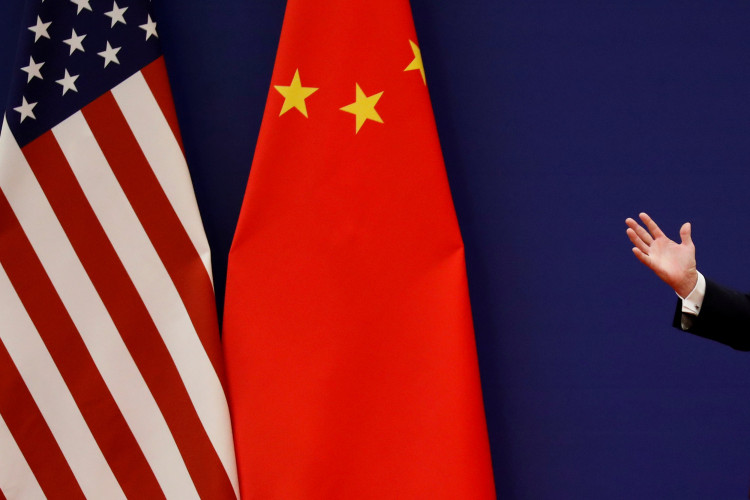The bitter trade war between two of the world's biggest economies has just gotten bigger and perhaps more threatening. China has recently urged that the country will be forced to reject engaging in any trade talks if the United States will push with its initial plan of imposing $200 billion worth of tariffs against various Chinese goods.
Market analysts and economic experts are wary of this upcoming tariffs, with some saying that it will hurt not only the economies of both superpowers but also those who mostly rely upon their trade to the two countries. Insiders have speculated that U.S. President Donald Trump will most likely impose this new set of tariffs by Monday.
The U.S. has started proposing the possibility of trade talks between the two countries. However, many observers have noted that while the U.S. has extended the hand of negotiation it also plans to impose massive tariffs against Chinese goods. A move that many experts deemed contradictory.
Some top Chinese officials are considering the imposition of limits in terms of sale of parts and supplies needed by various U.S. industries. Many economic experts believe that should China impose these "export restraints", many U.S. industries will have their supply chains badly hurt. Somehow, many believe that this should be hard enough to force the U.S. to renegotiate its stance towards the bitter trade war.
The possibility of new trade talks between the two superpowers was first proposed by U.S. Treasury Secretary Steve Mnuchin. It was initially pegged to start on Sept. 20.
The proposed $200 billion tariffs will cover internet and technology products, electronic parts and, printed circuit boards. Various Chinese consumer goods are also expected to be hit by the tariffs including seafood, tires, bicycles, car seats, chemicals, lighting products, and plastics.
U.S. President Trump has been very critical of China since taking office in 2017. President Trump has demanded China cut its massive $375 billion trade surplus with the United States. The U.S. President also demanded China end all the country's policies of acquiring various U.S. technologies and intellectual property rights.
In an effort to mend fences, the U.S. Treasury recently invited top Chinese officials, including Vice Premier Liu He, in order to discuss possible measures in order to stop, or at least mitigate, the consequences of the ongoing trade war.
Despite the current trade war, imports from China since the start of the year until July were up by nearly 9 percent compared to the same period in 2017. This data is from the U.S. Census Bureau.





